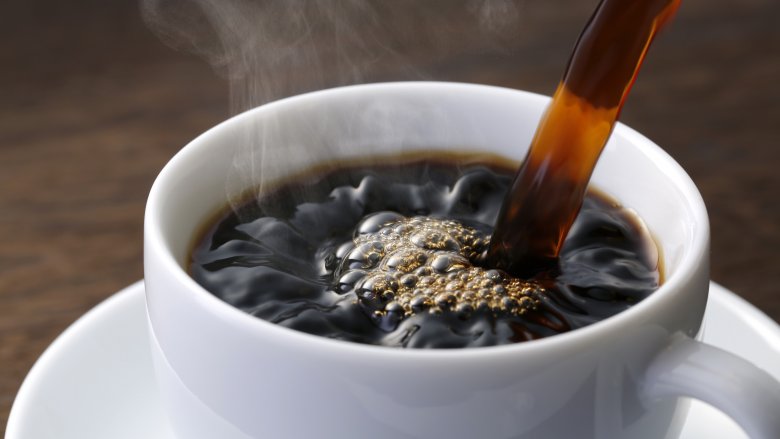Not known Details About Caffeine Addiction: Can You Quit? by MedicineNet.com

5 Easy Facts About Is Caffeine Really Addictive? - NIDA Archives Explained
What is caffeine? Caffeine is the stimulant in your coffee, tea, chocolate and soda that lowers fatigue, increases awareness and offers you an increase of energy. It can likewise trigger sleeping disorders, headaches, dehydration and high blood pressure, if you're not careful. For numerous, caffeine is a tool to help them get up, liven up and focus.
Caffeine is a white, bitter substance that's discovered naturally in over 60 plants, consisting of coffee beans, tea leaves and cacao pods that are utilized to make chocolate. The U.S. Fda (FDA) considers caffeine to be both a food additive and a drug. The quantity of caffeine in your food and drink varies.

Getting The Is Caffeine (or Coffee) Addiction Real? The Science in 2019 To Work
Coffee can have as low as 2 milligrams of caffeine (decaf coffee) per cup, and as much as 200 milligrams per cup. Your common tea has about 40 milligrams of caffeine, but it can range from 9 to 110 milligrams. Twelve ounces of soda pop/soft drink normally has 30 to 60 milligrams of caffeine.
What result does caffeine have on the body? Caffeine passes into your bloodstream from your stomach and small intestinal tract. When in your bloodstream, caffeine stimulates your central nerve system your nerves, brain and back cable to make you feel more awake and alert. Caffeine reduces tiredness and enhances focus and concentration.
Some Known Incorrect Statements About Six Reasons to Quit Caffeine During Drug Addiction Recovery
When you drink or consume caffeine, the dopamine signaling in your brain is improved. Dopamine is a chemical that assists with controlling motivation, feelings and movement. You feel more alert and awake when the signaling boosts. How much caffeine is too much? The typical American adult takes in 200 mg of caffeine a day.

Is Caffeine Addiction Real? Spotting The Signs of Dependence
Taking in as much as 400 mg or 4 cups of coffee does not trigger issues for most people. However, caffeine impacts individuals in a different way, depending upon their size, gender and level of sensitivity to it. If Keep Checking Back Here to caffeine, even moderate quantities can cause sleeping disorders (trouble sleeping), quick heart rate, anxiety and sensations of uneasyness.

Caffeine Addiction - PsychPoint
Unknown Facts About The Issue of Coffee, Caffeine and Addiction - MentalHelp.net
What are the signs of having excessive caffeine? Signs of having too much caffeine might consist of: Headache, nervousness, dizziness. Having "the jitters" or feeling shaky. Sleeping disorders or sleep that is "on and off" throughout the night. Racing heart or unusual heartbeat. Increase in blood pressure. Dehydration. Who should avoid caffeine? It's not safe for everyone to have caffeine in their diet.
